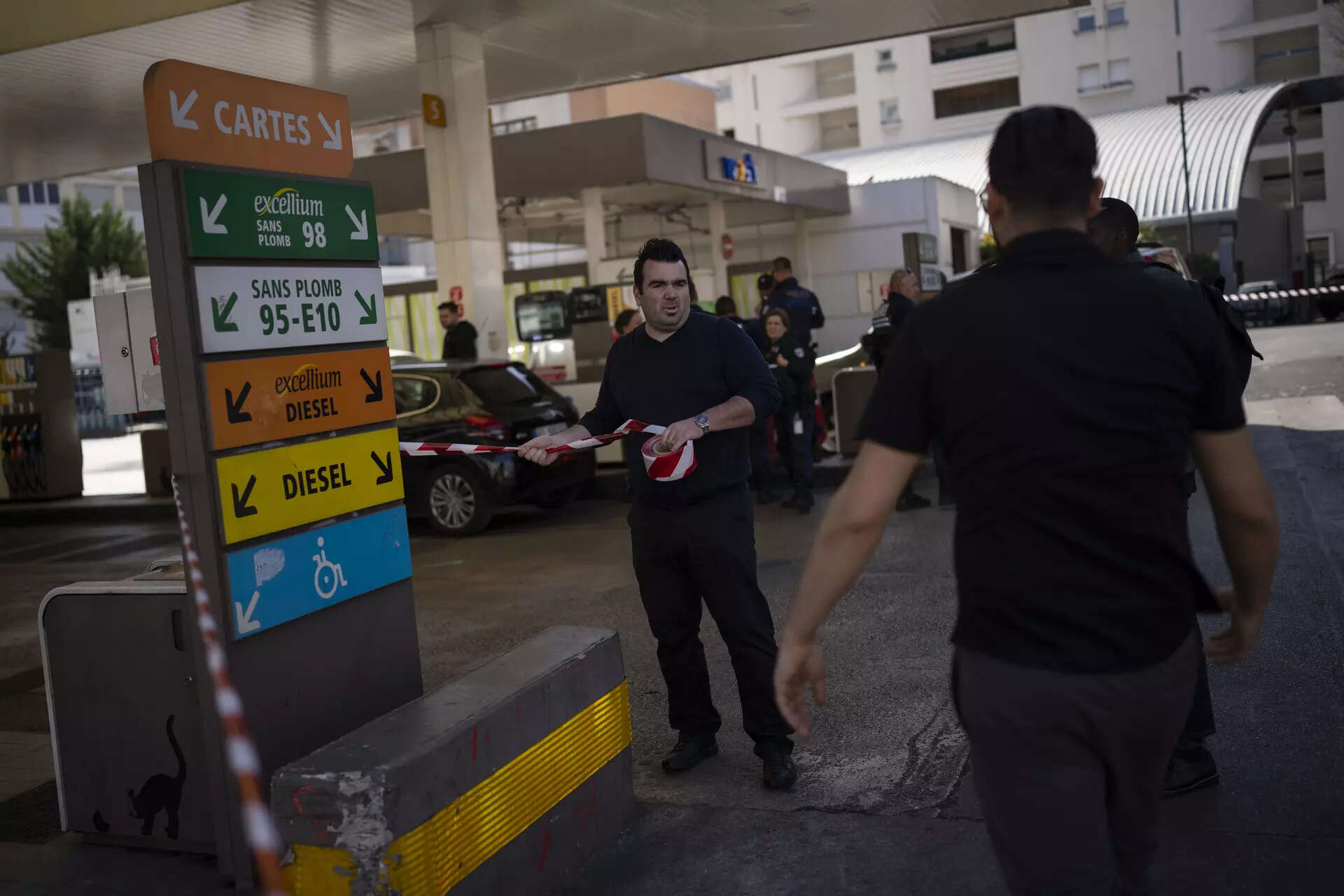
Russia boosted gasoline exports by nearly 50% year-on-year in the first quarter, shipping cargoes directly to Africa as it carved out new trade routes after the European Union sanctioned Russian oil, ship tracking data showed.
Russia stepped up shipments of the motor fuel to African countries such as Nigeria, Tunisia and Libya after the European Union banned Russian products on Feb. 5.
A USD 100 per barrel price cap on Russian gasoline and gasoil imposed by the Group of Seven Nations, the EU and Australia has forced Moscow to find new markets. It had previously been exporting around 2.5 million tonnes (60,000 barrels per day) of gasoline annually to Europe.
Russia’s efforts to boost gasoline sales to Africa have been helped the a reduction in exports from the Netherlands, where new regulations came into force on April 1 requiring fuel blends for export markets to meet standards on sulphur, benzene and manganese content.
“It looks as if Europe has been losing some market share to Russia in terms of gasoline exports to Nigeria,” analysts at consultancy FGE said in a note.
The price cap on gasoline is more than twice the cap imposed on naphtha, making it more profitable Russian sellers to blend naphtha into gasoline, FGE noted, and sell at USD 100 per barrel rather than just USD 45.
Russia exported 1.9 million gasoline between January and March this year, up from 1.3 million tonnes in the first quarter of 2022, data from Refinitiv showed.
Another ship tracker Kpler pegs January-March exports at 2.2 million tonnes, up from about 1.5 million tonnes in the same period last year.
Moscow typically exports more gasoline during winter months, when domestic demand is subdued and its refineries are shut for maintenance, analysts said.
But has been forced to find alternative buyers after the commercial hubs of Antwerp-Rotterdam-Amsterdam and the Latvian port of Ventspils shunned its products.
Africa imported record volumes of Russian gasoline in the first quarter at 812,000 tonnes, equivalent to about a third of Russia’s total exports of the motor fuel, Kpler data showed.
Before the EU ban, Russia would export gasoline to Africa mostly via Ventspils, where it is blended with Russian naphtha to meet importers’ specifications.
Ventspils imported about 550,000 tonnes of Russian gasoline in the fourth quarter, which was slated to reach Africa in early 2023, Refinitiv data showed. However, gasoline loadings from Latvia to Africa dried up completely in March.
Nigeria emerged as the top African buyer of Russian gasoline, importing 488,000 tonnes in the first quarter, up from 38,000 tonnes in the same period last year, according to Kpler data.

